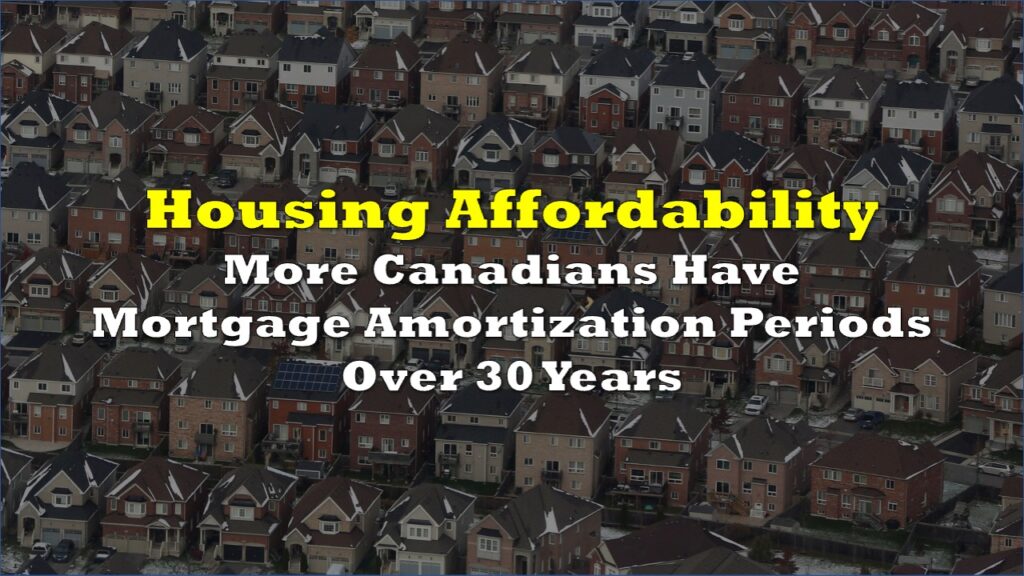Data from Statistics Canada for the year 2021 has shed light on the substantial ownership of real estate properties by investors across the country. The report indicates that investors own a significant portion of both condo apartments and houses, raising questions about the impact of this trend on the housing market and housing affordability in these regions.
The data reveals that, as of 2021, investors own 43% of all condo apartments in Ontario, and a range of 14% to 21% of all houses. Additionally, investors have a stranglehold on newly constructed properties, owning 57% of all condo apartments built in the past five years and 16% to 33% of houses built during the same period in Ontario.
Moving to the Toronto region, the data indicates that investors hold 37% of all condo apartments and a range of 9% to 16% of houses. Again, newly constructed properties show a significant investor presence, with 57% of all condo apartments built in the past five years and 14% to 32% of houses constructed during the same period in Toronto.
As of 2021, across the Toronto region (CMA) investors owned:
— Jeremy Withers (@JeremyGWithers) October 18, 2023
37% of all condo apartments
9% to 16% of all houses
57% of all condo apartments built in the past 5 years
14% to 32% of all houses built in the past 5 years
(https://t.co/QrDiwsAO7Z) pic.twitter.com/zM919peASd
In British Columbia (B.C.), the data shows that investors own 37% of all condo apartments and 16% to 20% of houses, with 49% of all recently built condo apartments and 18% to 26% of houses constructed in the past five years in their possession.
Meanwhile, in the Vancouver region (CMA), investors have a grip on 34% of all condo apartments and 12% to 16% of houses, with 48% of recently built condo apartments and 15% to 23% of houses constructed in the past five years owned by investors.
As of 2021 across the Vancouver region (CMA), investors owned:
— Jeremy Withers (@JeremyGWithers) October 18, 2023
34% of all condo apartments
12% to 16% of all houses
48% of all condo apartments built in the past 5 years
15% to 23% of all houses built in the past 5 years
(https://t.co/QrDiwsAO7Z) pic.twitter.com/ed23pNYAg8
Statistics Canada classifies investment properties as units “not used as a primary residence” and “owned by at least one investor.” Investors, in turn, are defined as property owners who “possess at least one residential property that is not used as their main residence.”
The data highlights a concerning trend in these regions, where a significant proportion of real estate is held by investors, potentially impacting the housing market and pricing dynamics. The large share of investor-owned properties, particularly in newly constructed units, could potentially limit housing availability for individuals looking for a place to call home.
Information for this briefing was found via Statistics Canada and the sources mentioned. The author has no securities or affiliations related to this organization. Not a recommendation to buy or sell. Always do additional research and consult a professional before purchasing a security. The author holds no licenses.









